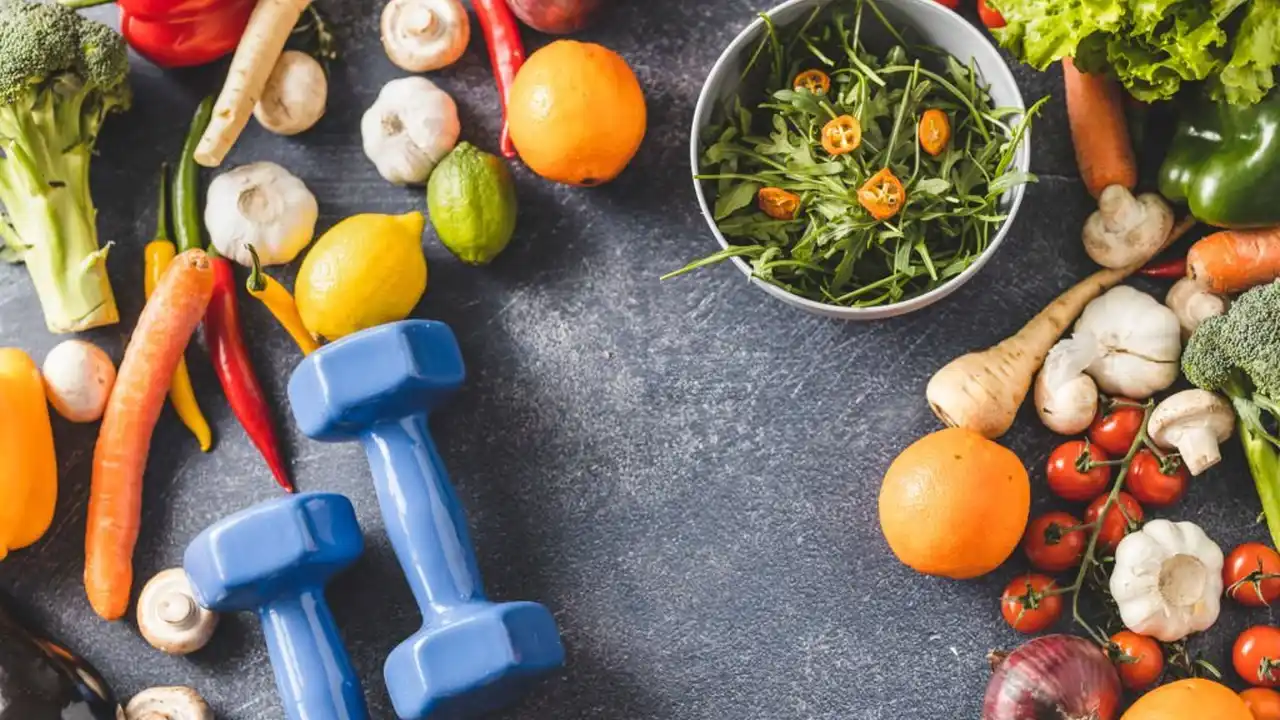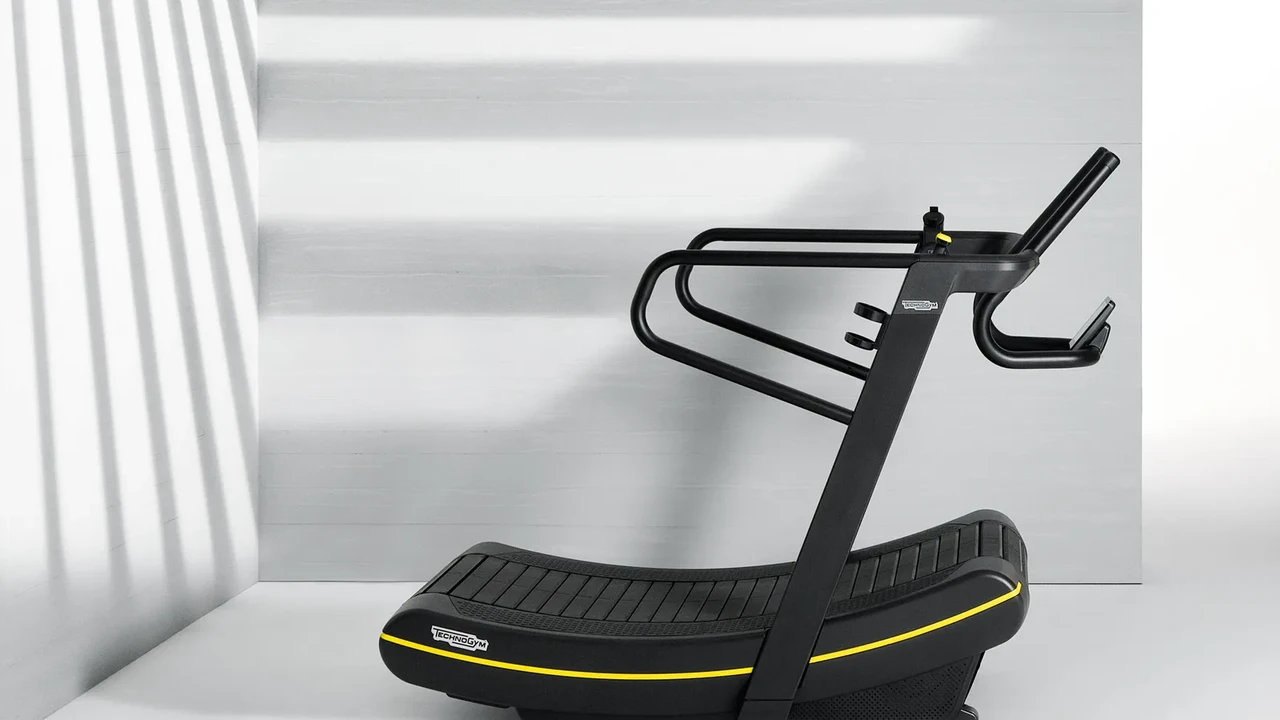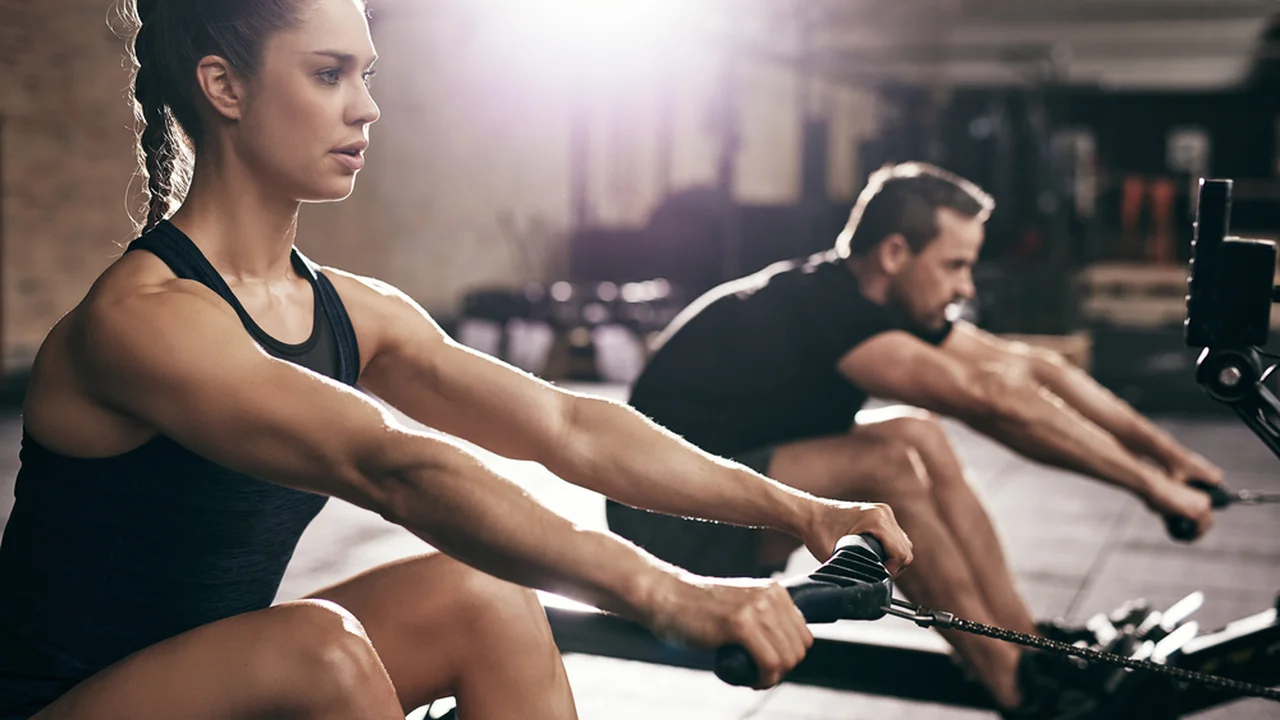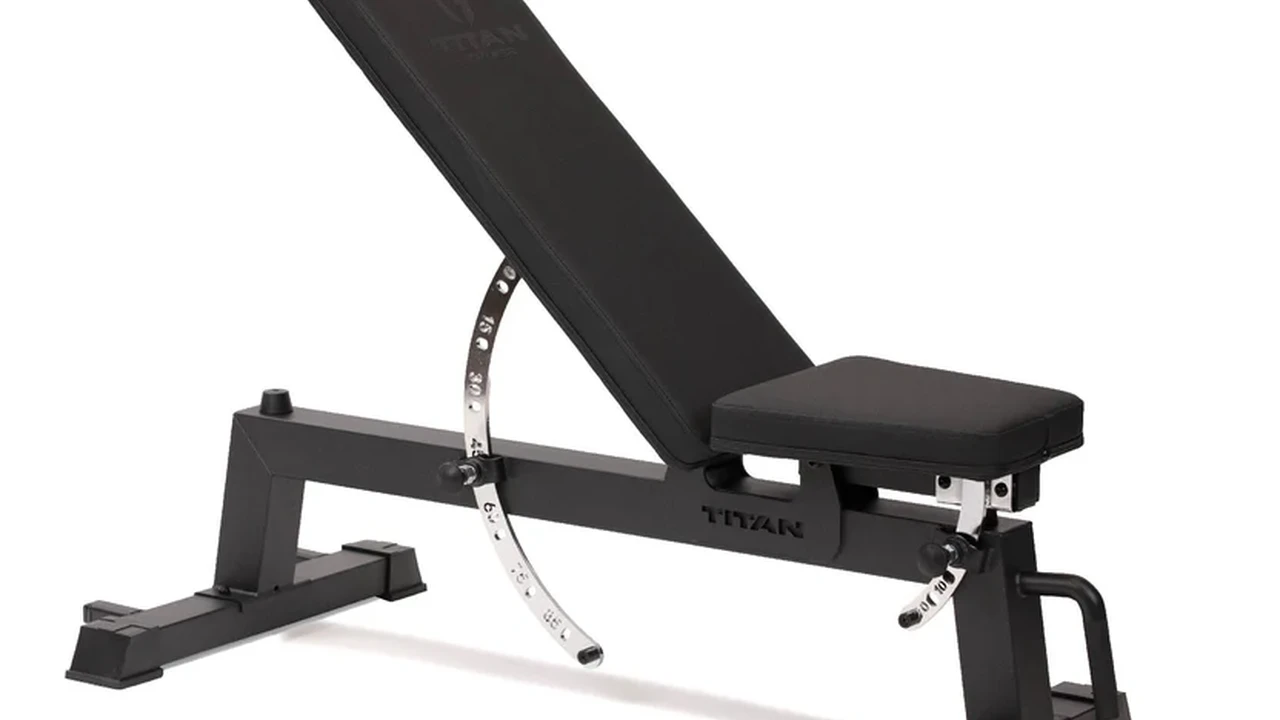Nutrition for Gym Beginners: Fueling Your Workouts
Alright, here's the expanded article content based on your requirements. This is designed to be a single HTML document fragment, suitable for insertion into your website's content management system.Fueling your body right is just as important as hitting the weights when you're starting your gym journey. This guide breaks down the basics of nutrition for gym beginners, covering everything from essential macronutrients and timing your meals to choosing the right supplements and even some product recommendations to get you started. Consider this your roadmap to optimizing your diet for better workouts and faster results.

Understanding Macronutrients The Building Blocks of Your Fitness Journey
So, what are macronutrients? Simply put, they're the big three: protein, carbohydrates, and fats. Each plays a vital role in supporting your workouts and overall health.
Protein for Muscle Growth and Repair
Protein is the MVP when it comes to building and repairing muscle tissue. When you lift weights, you're essentially creating tiny tears in your muscles. Protein helps to repair these tears, allowing your muscles to grow back stronger. Aim for around 0.8-1 gram of protein per pound of body weight, especially when you're starting out. Good sources include lean meats (chicken, turkey, fish), eggs, dairy (Greek yogurt, cottage cheese), legumes (beans, lentils), and protein powders.
Carbohydrates for Energy and Performance
Carbs are your body's primary source of energy. They fuel your workouts and help you recover afterward. Opt for complex carbohydrates like whole grains (oats, brown rice, quinoa), fruits, and vegetables. These provide sustained energy release, unlike simple carbs (sugary drinks, processed foods) which can lead to energy crashes.
Fats for Hormone Production and Overall Health
Don't fear fat! Healthy fats are essential for hormone production, nutrient absorption, and overall health. Choose unsaturated fats like those found in avocados, nuts, seeds, olive oil, and fatty fish (salmon, tuna). Limit saturated and trans fats, which can be detrimental to your health.
Meal Timing Optimizing Your Fuel for Gym Performance
When you eat is almost as important as what you eat. Proper meal timing can significantly impact your energy levels, workout performance, and recovery.
Pre-Workout Nutrition Fueling Up for Success
About 1-2 hours before your workout, consume a balanced meal containing both carbs and protein. This will provide you with sustained energy and prevent muscle breakdown. A good example is a bowl of oatmeal with berries and a scoop of protein powder, or a whole-wheat sandwich with turkey and avocado.
Intra-Workout Nutrition Maintaining Energy Levels
For workouts lasting longer than an hour, consider consuming a small amount of carbohydrates during your workout to maintain energy levels. A sports drink or a small piece of fruit can do the trick.
Post-Workout Nutrition Repairing and Replenishing
Within 30-60 minutes after your workout, consume a meal or snack containing both protein and carbohydrates. This will help to repair muscle tissue and replenish glycogen stores (your body's stored form of energy). A protein shake with fruit, or a chicken breast with sweet potato are excellent choices.
Hydration Staying Hydrated for Optimal Performance
Water is crucial for every bodily function, including muscle contraction and nutrient transport. Dehydration can lead to fatigue, muscle cramps, and decreased performance. Aim to drink plenty of water throughout the day, especially before, during, and after your workouts. A good rule of thumb is to drink half your body weight in ounces of water per day.
Supplements for Gym Beginners Navigating the Options
The supplement industry can be overwhelming, but there are a few supplements that can be beneficial for gym beginners.
Protein Powder A Convenient Protein Source
Protein powder is a convenient way to supplement your protein intake, especially after workouts. Whey protein is a popular choice due to its fast absorption rate. Casein protein is a slower-digesting option that's ideal for nighttime consumption. Product Recommendation: Optimum Nutrition Gold Standard 100% Whey. It's a well-established and reputable brand. Usage Scenario: Post-workout to quickly deliver protein to muscles. Comparison: Compared to cheaper brands, it mixes better and has a more complete amino acid profile. Price: Around $60 for a 5lb tub.
Creatine Enhancing Strength and Power
Creatine is one of the most well-researched and effective supplements for increasing strength and power. It helps to increase the availability of ATP, your body's primary energy source. Product Recommendation: Creatine Monohydrate by BulkSupplements.com. Simple, pure, and effective. Usage Scenario: Take 5g daily, can be mixed with water or juice. Comparison: Other forms of creatine exist, but monohydrate is the most studied and generally the most effective. Price: Around $20 for a kilogram.
Pre-Workout Supplements Boosting Energy and Focus
Pre-workout supplements are designed to boost energy, focus, and performance during your workouts. They typically contain ingredients like caffeine, beta-alanine, and citrulline. Product Recommendation: C4 Original Pre-Workout. A popular and widely available option for beginners. Usage Scenario: Take 20-30 minutes before your workout. Start with a half scoop to assess tolerance. Comparison: Contains caffeine and other stimulants. Not recommended for those sensitive to stimulants. Price: Around $30 for 30 servings.
Multivitamins Filling Nutritional Gaps
A multivitamin can help to fill any nutritional gaps in your diet and ensure that you're getting all the essential vitamins and minerals your body needs. Product Recommendation: Optimum Nutrition Opti-Men/Opti-Women. Designed for active individuals. Usage Scenario: Take one serving daily with food. Comparison: Provides a broad spectrum of vitamins and minerals. Price: Around $25 for 150 capsules.
Sample Meal Plan for Gym Beginners A Week of Healthy Eating
Here's a sample meal plan to give you an idea of what a healthy diet for gym beginners might look like. Remember to adjust the portion sizes based on your individual needs and goals.
Monday
- Breakfast: Oatmeal with berries and protein powder
- Lunch: Chicken salad sandwich on whole-wheat bread
- Dinner: Salmon with roasted vegetables
- Snacks: Greek yogurt, fruit
Tuesday
- Breakfast: Scrambled eggs with spinach and whole-wheat toast
- Lunch: Leftover salmon and vegetables
- Dinner: Lentil soup with a side salad
- Snacks: Nuts, protein bar
Wednesday
- Breakfast: Protein smoothie with banana and spinach
- Lunch: Turkey breast with brown rice and broccoli
- Dinner: Ground beef with sweet potato and green beans
- Snacks: Cottage cheese, fruit
Thursday
- Breakfast: Greek yogurt with granola and fruit
- Lunch: Leftover ground beef and vegetables
- Dinner: Chicken stir-fry with brown rice
- Snacks: Hard-boiled eggs, protein shake
Friday
- Breakfast: Whole-wheat pancakes with berries and syrup
- Lunch: Tuna salad sandwich on whole-wheat bread
- Dinner: Pizza on whole wheat crust with lots of veggies
- Snacks: Popcorn, Greek yogurt
Saturday
- Breakfast: Omelet with vegetables and cheese
- Lunch: Salad with grilled chicken or fish
- Dinner: Out to dinner (make healthy choices!)
- Snacks: Trail mix, fruit
Sunday
- Breakfast: Waffles with fresh fruit and syrup
- Lunch: Leftovers from dinner
- Dinner: Roast chicken with roasted potatoes and vegetables
- Snacks: Ice cream, nuts
Tracking Your Progress Monitoring Your Success
Tracking your progress is essential for staying motivated and making sure you're on the right track. Keep a food journal, track your weight and body measurements, and take progress photos. This will help you to see how far you've come and make any necessary adjustments to your diet and workout routine.
Common Mistakes to Avoid Nutrition Pitfalls for Beginners
There are a few common mistakes that gym beginners often make when it comes to nutrition. Here are a few to watch out for:
- Not eating enough protein
- Not drinking enough water
- Eating too much processed food
- Not tracking your progress
- Giving up too easily
Remember, nutrition is a journey, not a destination. Be patient, consistent, and don't be afraid to experiment to find what works best for you. With the right knowledge and dedication, you can fuel your workouts and achieve your fitness goals.
:max_bytes(150000):strip_icc()/277019-baked-pork-chops-with-cream-of-mushroom-soup-DDMFS-beauty-4x3-BG-7505-5762b731cf30447d9cbbbbbf387beafa.jpg)






